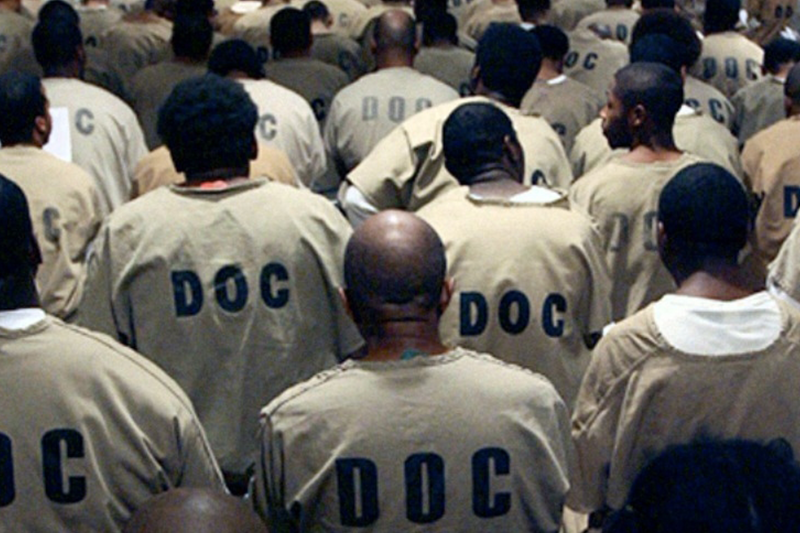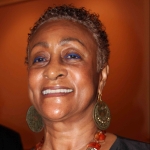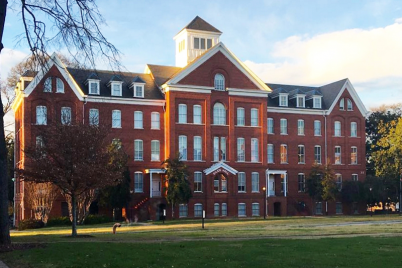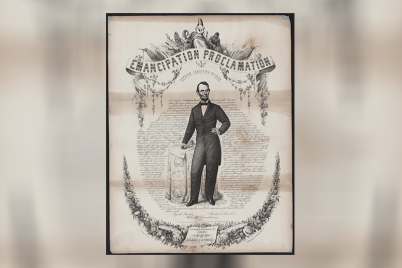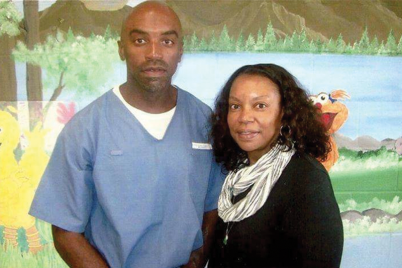By Attorney Jacqueline Hubbard, President, ASALH
In a 2019 post by the American Civil Liberties Union (ACLU), they reported: “Despite making up close to five percent of the global population, the U.S. has nearly 25 percent of the world’s prison population. Since 1970, our incarcerated population has increased by 700 percent…2.3 million people in jail and prison today, far outpacing population growth and crime…One out of every three black boys born today can expect to go to prison in his lifetime…”
These are intolerable statistics and constitute a continuation of black bondage in America. With such a prediction by the ACLU, it is a clear indication of how much further African Americans have to go to achieve racial and economic equality.
The Emancipation Proclamation was only the beginning. Since the Civil War ended in 1865 and Reconstruction in 1877, African Americans have fought one battle after another to maintain some semblance of freedom and equality. The most recent affront has been the institutionalization of mass incarceration of black people coupled with the privatization of the prison system.
During the 10 years between 1985 and 1995, one new prison was built per week. Bryan Stevenson of the Equal Justice Initiative wrote in “The Harvard Civil Rights-Civil Liberties Law Review” that “The widespread incarceration of men in low-income communities has had a profound negative impact on social and cultural norms relating to family and opportunity.”
Stevenson believes post-trial appeal opportunities and highly increased spending for public defenders for the indigent should be the first steps in addressing this problem.
Michelle Alexander, in her groundbreaking book, “The New Jim Crow, Mass Incarceration in the Age of Colorblindness” states, “I am writing this book for all those trapped within America’s latest caste system.”
In a very real way, all Americans are trapped by this system. None can be free when so many are incarcerated.
According to a report published on the Equal Justice Initiative website in April 2017: “NBC News analyzed U.S. Department of Education data from the 2013-14 school year and found that nationally black students and students with disabilities are suspended, expelled, arrested and referred to police at rates disproportionately higher than their white and non-disabled peers.
“The analysis showed that black students are 3.49 times more likely to be arrested at school than white students, and are more than twice as likely to be referred to law enforcement. It also found that students with disabilities are nearly three times more likely to be arrested at school and referred to law enforcement than students without disabilities.”
There are many other problems with the American criminal justice system that propel mass incarceration that also need to be addressed by our legislators. One is the bail system, which results in many innocent persons being denied freedom because they are unable to make bail and unable to fully assist in their defense.
Meanwhile, it is important to keep abreast of certain technological developments that are used for racial profiling such as police facial recognition technology and the use of DNA testing, which is basically unregulated. One positive note, however, is the fact that there have been many exonerations of persons wrongly convicted using this same DNA testing.
There is a National Registry of Exonerations at the University of California at Irvine. In March 2017, it published a paper entitled “Race and Wrongful Convictions in the United States.” This study is quite shocking in its analysis of just who the people are who have been wrongfully convicted.
In its summary, it states that African Americans are only 13 percent of the American population, but a majority of innocent defendants were wrongfully convicted of crimes and later exonerated. They constitute 47 percent of the 1,900 exonerations listed in the National Registry of Exonerations (as of October 2016), and the great majority of more than 1,800 additional innocent defendants who were framed and convicted of crimes in 15 large-scale police scandals and later cleared in group exonerations.
Among other conclusions reached by the National Registry of Exonerations (as of October 2016), is the fact that “…African Americans are more frequently stopped, searched, arrested, and convicted–including in cases in which they are innocent. The extreme form of this practice is systematic racial profiling in drug-law enforcement.”
How can American society, as a whole, survive and prosper when so many people are locked into our criminal justice system and locked out of the economic system as a result? For those not in power, we must teach our children–as best we can–how to avoid incarceration.
The children must learn their history. In a system in which the police power is so tilted against black people and the poor, avoidance needs to be taught. It is naive to think the criminal justice system is a fair system; it is not. It never has been. It is mainly a control mechanism to be avoided at all costs, whenever possible.
This was the historical “talk” many African-American fathers routinely gave their male children. With so many black fathers incarcerated, the rest of us need to find ways to give our collective children this same talk and help our young people learn how to try and avoid the harsh and cruel lessons of mass incarceration.
Attorney Jacqueline Hubbard graduated from the Boston University Law School. She is currently the president of the St. Petersburg Branch of the Association for the Study of African American Life and History, Inc.

